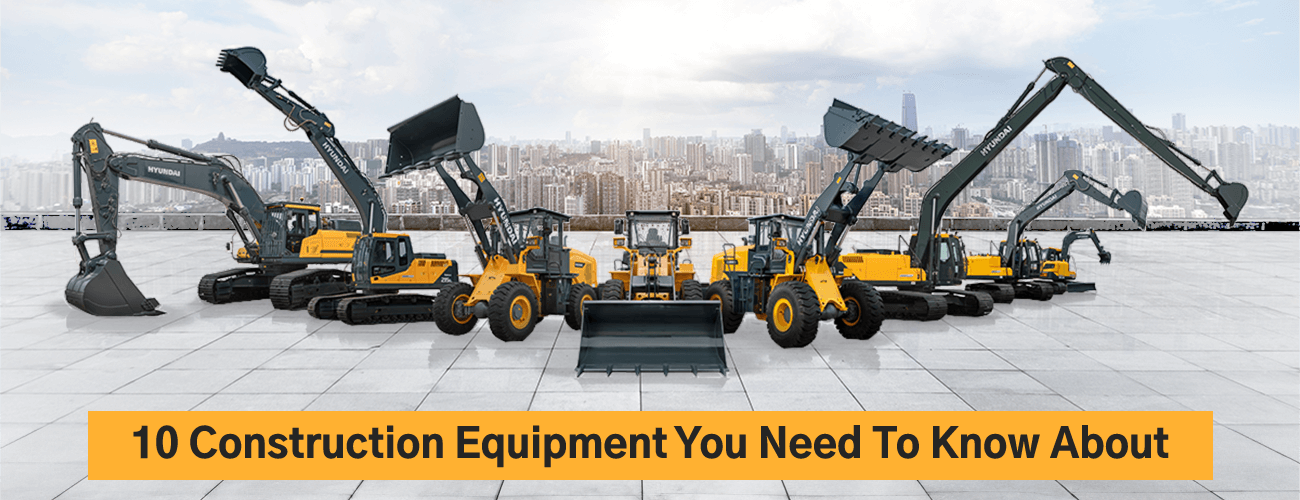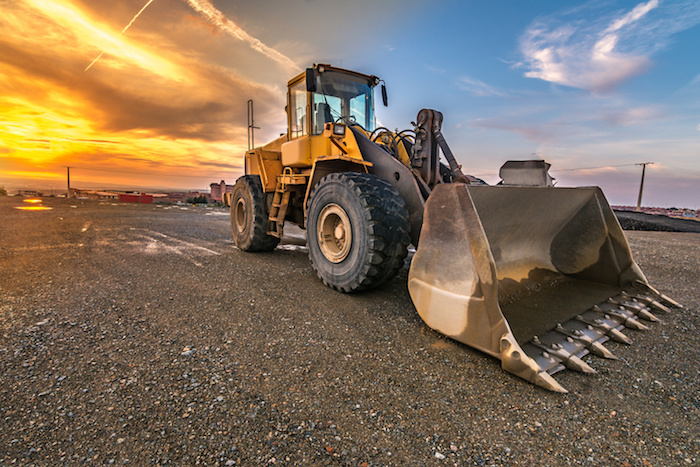Aerial Lift Rental in Tuscaloosa, AL: Safeguard and Effective High-Reach Equipment
Wiki Article
Checking Out the Financial Benefits of Renting Construction Equipment Contrasted to Possessing It Long-Term
The decision between possessing and renting building equipment is essential for economic monitoring in the industry. Renting out offers instant cost financial savings and functional versatility, allowing firms to allocate resources more successfully. In comparison, ownership comes with significant long-term monetary dedications, including maintenance and depreciation. As contractors evaluate these choices, the influence on capital, project timelines, and innovation accessibility comes to be increasingly considerable. Comprehending these subtleties is important, particularly when thinking about exactly how they align with specific job requirements and monetary approaches. What aspects should be prioritized to make sure optimum decision-making in this facility landscape?
Price Comparison: Renting Vs. Owning
When evaluating the monetary ramifications of renting out versus owning building and construction devices, a detailed expense comparison is crucial for making informed choices. The selection between leasing and owning can considerably affect a firm's profits, and recognizing the linked prices is essential.Renting out construction tools generally entails reduced upfront expenses, allowing organizations to allocate funding to various other functional needs. Rental arrangements commonly include flexible terms, enabling companies to gain access to progressed machinery without lasting commitments. This flexibility can be specifically helpful for short-term jobs or changing workloads. Nonetheless, rental prices can collect in time, possibly exceeding the expenditure of possession if equipment is required for an extensive duration.
Alternatively, having building equipment requires a substantial first investment, in addition to recurring expenses such as funding, devaluation, and insurance coverage. While possession can cause long-term savings, it likewise connects up funding and might not give the very same degree of flexibility as renting. Additionally, possessing devices demands a dedication to its utilization, which may not constantly line up with project demands.
Eventually, the decision to possess or lease must be based upon an extensive evaluation of specific task requirements, financial capability, and long-lasting tactical objectives.

Upkeep Responsibilities and costs
The choice in between owning and leasing building and construction tools not just includes economic considerations yet likewise incorporates ongoing upkeep expenses and responsibilities. Possessing devices needs a significant dedication to its maintenance, which consists of routine assessments, repair services, and possible upgrades. These responsibilities can swiftly build up, leading to unanticipated prices that can stress a budget.In contrast, when renting tools, maintenance is commonly the duty of the rental company. This plan allows professionals to avoid the financial concern related to damage, along with the logistical obstacles of organizing repairs. Rental agreements usually include provisions for maintenance, implying that contractors can concentrate on finishing jobs instead of worrying regarding equipment problem.
Moreover, the varied variety of tools readily available for rental fee makes it possible for business to choose the current designs with innovative modern technology, which can boost performance and performance - scissor lift rental in Tuscaloosa, AL. By going with services, services can prevent the long-lasting responsibility of equipment devaluation and the connected upkeep headaches. Ultimately, evaluating maintenance expenditures and duties is critical for making an informed choice regarding whether to own or lease construction devices, considerably affecting total project prices and operational performance

Devaluation Effect On Ownership

A significant factor to take into consideration in the decision to own construction tools is the influence of devaluation on overall possession prices. Devaluation stands for the decrease in value of the equipment gradually, affected by aspects such as use, wear and tear, and developments in innovation. As equipment ages, its market value diminishes, which can dramatically impact the proprietor's monetary position when it comes time to trade the equipment or sell.
For building firms, this devaluation can translate to considerable losses if the tools is not utilized to its max capacity or if it comes to be obsolete. Owners must account for devaluation in their monetary forecasts, which can result in greater overall expenses compared to renting. Furthermore, the tax implications of depreciation can be complicated; while it may give some tax advantages, these are usually balanced out by the fact of minimized resale worth.
Eventually, the problem of depreciation highlights the value of recognizing the long-lasting economic commitment associated with owning construction tools. Firms need to meticulously review just how commonly they will certainly utilize the tools and the potential financial effect of depreciation to make an informed choice concerning ownership versus renting.
Monetary Flexibility of Renting Out
Leasing building devices uses significant monetary flexibility, permitting companies to allot sources much more efficiently. This adaptability is especially vital in a market characterized by changing job demands and differing workloads. By deciding to rent, services can prevent the considerable funding outlay required for buying equipment, preserving cash money circulation for various other functional requirements.Additionally, renting tools makes it possible for companies to tailor their equipment options to particular task needs without the long-lasting commitment related to ownership. This indicates that companies can conveniently scale their tools supply up or down based upon expected and current task needs. As a result, this flexibility decreases the risk of over-investment in equipment that might come to be underutilized or out-of-date gradually.
One more monetary benefit of leasing is the potential for tax obligation advantages. Rental settlements are often thought about operating budget, permitting immediate tax obligation reductions, unlike equipment rental company in Tuscaloosa devaluation on owned devices, which is topped a number of years. scissor lift rental in Tuscaloosa, AL. This immediate expenditure acknowledgment can additionally boost a firm's cash setting
Long-Term Project Factors To Consider
When evaluating the long-lasting needs of a building and construction organization, the decision between having and renting out equipment ends up being more complex. For projects with extended timelines, purchasing equipment may appear helpful due to the potential for lower overall prices.Additionally, technological advancements position a considerable factor to consider. The building sector is developing quickly, with brand-new devices offering enhanced efficiency and safety features. Renting allows business to access the most recent technology without committing to the high in advance costs connected with acquiring. This flexibility is particularly helpful for companies that manage varied projects calling for different kinds of tools.
Moreover, economic stability plays a vital role. Possessing equipment commonly requires considerable capital expense and devaluation concerns, while leasing enables more predictable budgeting and capital. Eventually, the selection in between possessing and renting out must be straightened with the strategic objectives of the construction service, taking into account both anticipated and current job needs.
Final Thought
In final thought, leasing building and construction tools provides considerable financial benefits over long-lasting ownership. Ultimately, the decision to lease rather than very own aligns with the vibrant nature of building tasks, permitting for adaptability and accessibility to the newest devices without the financial worries associated with ownership.As tools ages, its market value diminishes, which can considerably affect the proprietor's monetary setting when it comes time to offer or trade the devices.
Renting building devices offers substantial monetary adaptability, enabling firms to assign sources much more successfully.Additionally, leasing tools enables business to tailor their equipment options to specific project demands without the lasting dedication linked with possession.In verdict, leasing construction equipment supplies significant monetary advantages over long-term ownership. Ultimately, the choice to lease rather than very own aligns with the dynamic nature of construction tasks, permitting for adaptability and accessibility to the newest tools without the monetary problems associated with ownership.
Report this wiki page